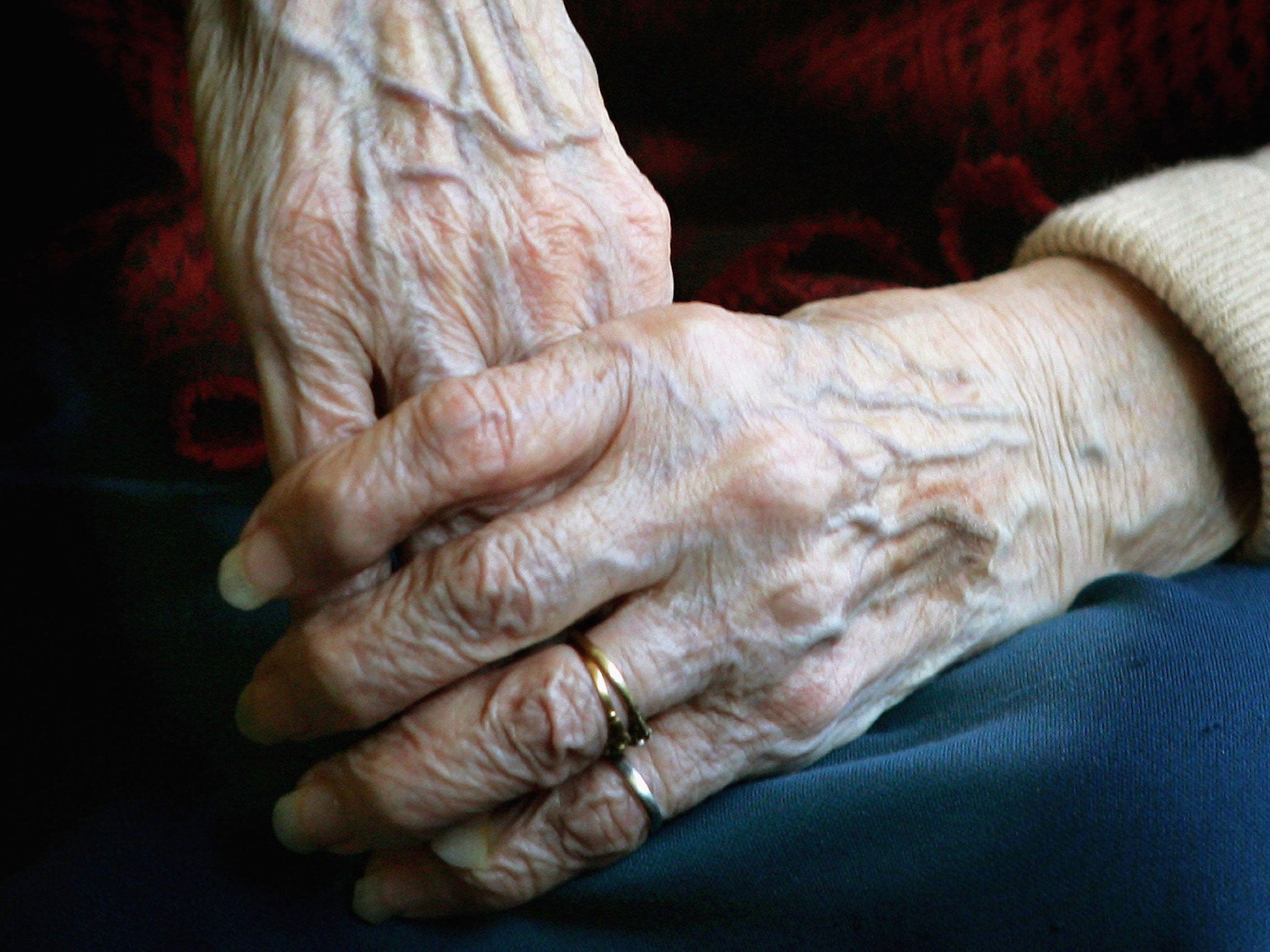NHS plans to save billions by caring for elderly in community blasted as 'wishful thinking'
Group of leading health experts said it was a 'myth' that such measures would mean cash savings

NHS plans to take the pressure off hospitals and save billions of pounds by providing better care for the elderly in the community are based on “wishful thinking”, a group of leading health experts have warned.
The “integration” of NHS and council social care services is a key policy goal of both the Government and the Labour Party.
However, a group of experts led by the respected Birmingham hospital boss Dame Julie Moore said it was a “myth” that such measures would mean cash savings for the hospital sector.
In their report, the Commission on Hospital Care for Frail Older People said that better community services were desirable but would only delay the need for hospital stays.
The NHS in England recently put preventative care in the community at the heart of a major plan to save the health service from a £30bn deficit, projected for 2020.
Simon Stevens, NHS England’s chief executive, said that the service would need an £8bn funding increase by that time, but Dame Julie’s report says that the figure is based on the “heroic assumption” that the NHS could save £22bn by working more efficiently.
The report, commissioned by the Health Service Journal, calls on hospital bosses to “forget about government plans” and focus on improving their own services in preparation for an inevitable rise in demand from the ageing population.
Delays in finding long-term care for frail elderly people who are admitted to hospital is one of the biggest problems facing the NHS.
The number of days spent in hospitals by elderly people waiting for a transfer to a care home or residential setting rose to 1.5m in the year to September – its highest ever level.
Subscribe to Independent Premium to bookmark this article
Want to bookmark your favourite articles and stories to read or reference later? Start your Independent Premium subscription today.

Join our commenting forum
Join thought-provoking conversations, follow other Independent readers and see their replies